religious literacy
-
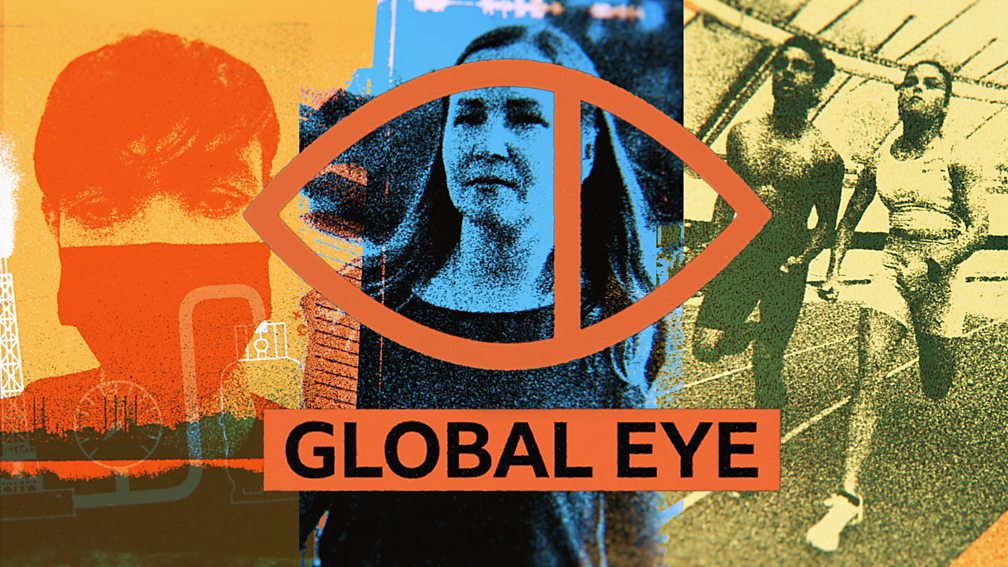
Understanding the world through belief and broadcasting
·
Documentaries that delve into belief systems around the world deepen our understanding of both other cultures and our own At…
-
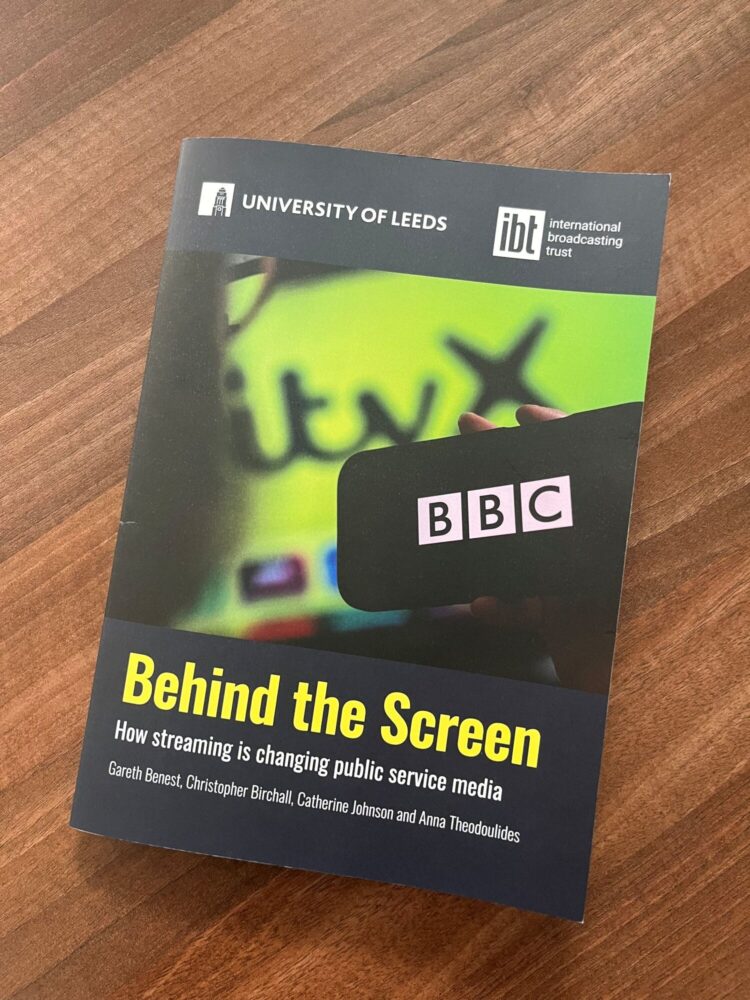
Behind the Screen: How streaming is changing public service media
·
The Sandford St Martin Trust recently collaborated with the University of Leeds, the International Broadcasting Trust (IBT) and the Campaign…
-

Eid Live on TV
·
This spring in celebration of Eid al-Fitr 2025, the BBC broadcast two special programmes from Bradford, the UK City of…
-
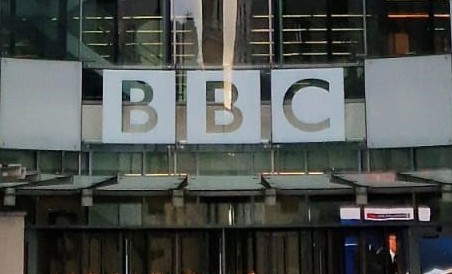
Reflecting the Nation: The BBC’s efforts to represent the UK’s diversity
·
Ofcom research indicates a steady decline in the hours of Religion & Ethics programming between 2010 and 2022. In short, there…
-
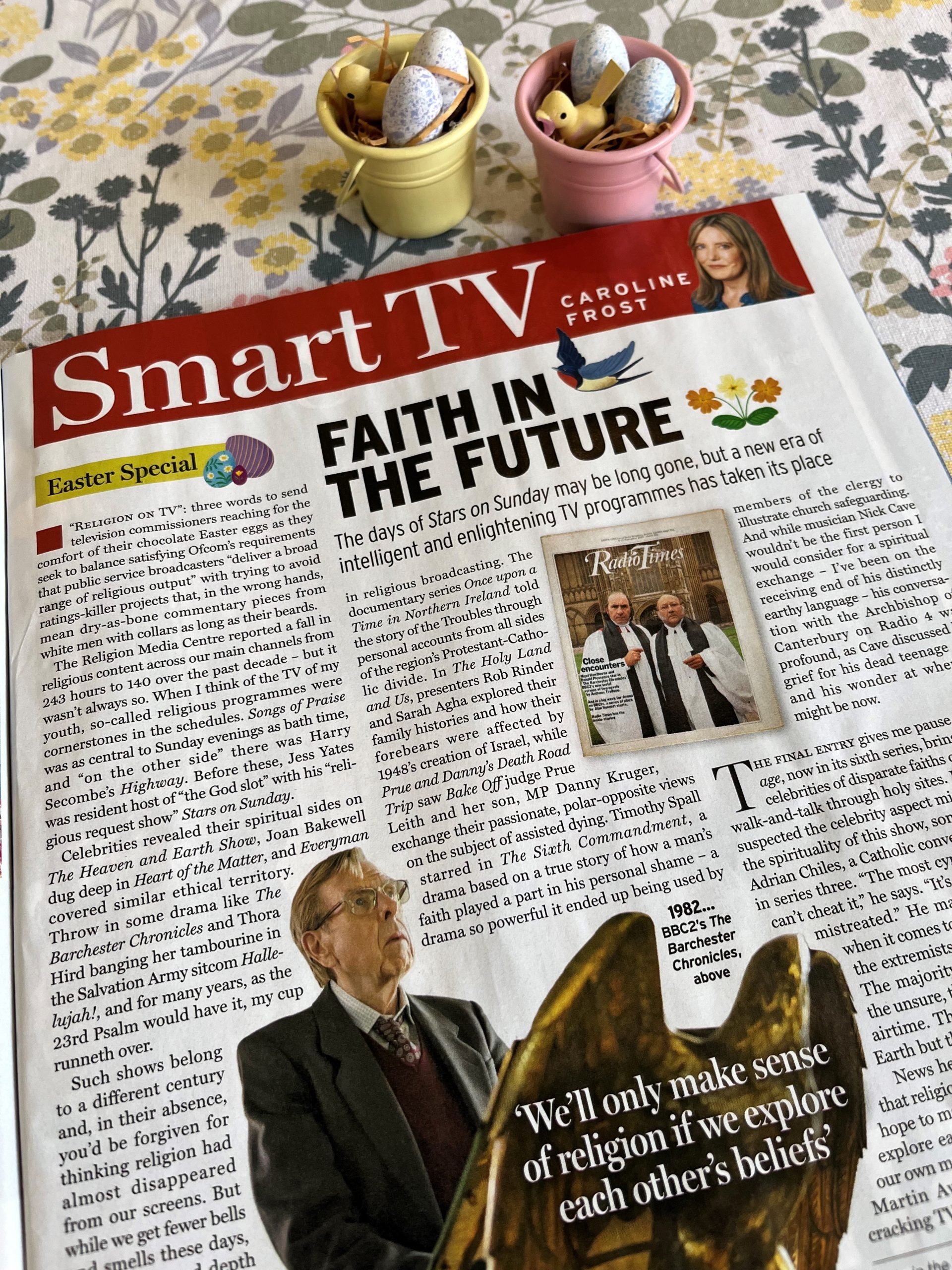
Faith in the Future
·
The days of ‘Stars on Sunday’ may be long gone, but a new era of intelligent and enlightening TV programmes…
-
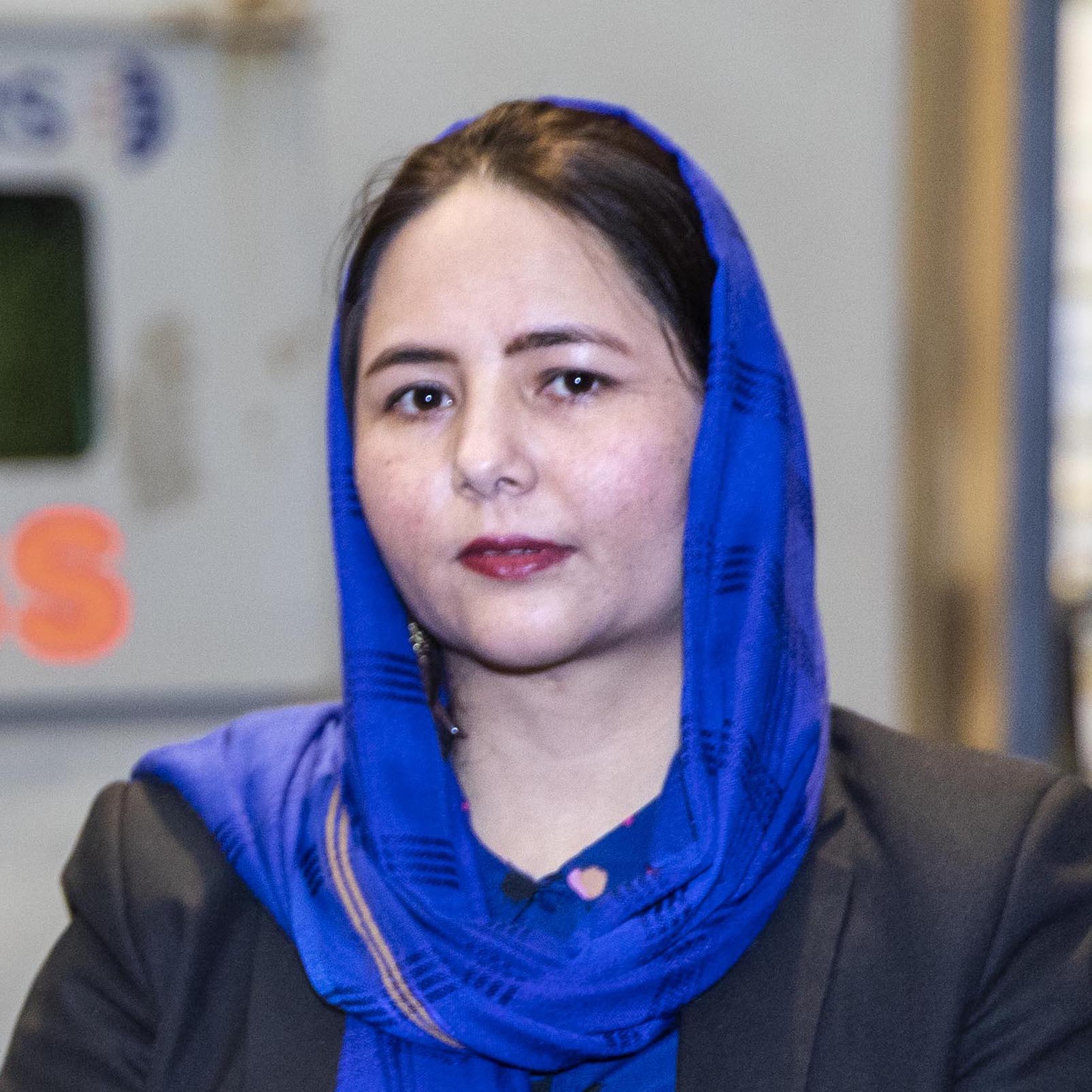
Women, work, education and religion in Afghanistan
·
Living in the UK, it’s not uncommon for people to consider religion a primarily private concern: a set of ornamental…
-
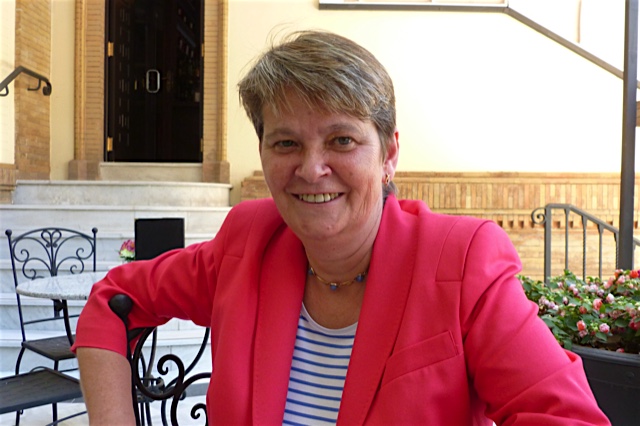
Why good journalists need religion
·
At times marked by political or social shock and upheaval the need for good journalism is particularly acute. Good journalists understand that…
-

“Religious literacy helps us to understand our secular selves”
·
On Saturday 8 April, 2017 the following editorial responding to the news that the BBC is to close its Religion…
